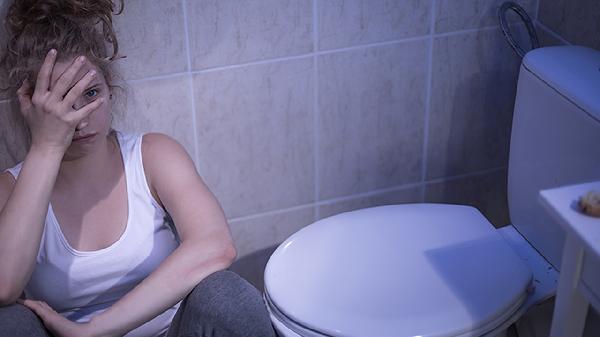When it comes to maintaining a healthy and fulfilling sexual relationship, communication and adaptability are key. A 44-year-old woman and her husband have been enjoying a satisfying sex life, but over the past year, they’ve encountered a new challenge. While traditional positions like the missionary pose remain comfortable, experimenting with other positions has led to a sensation of vaginal fullness (without pain) for the wife. Additionally, upon withdrawal, there’s occasionally a presence of white mucus. These observations have raised questions about their cause and whether medical intervention is necessary.
Exploring the Dynamics of Intimacy
Long-term relationships often fall into predictable patterns, including in the bedroom. While familiarity can be comforting, it can also lead to monotony, which may diminish the excitement and emotional connection between partners. To sustain a vibrant relationship, couples must be willing to explore and adapt. Introducing variety in sexual positions and techniques can reignite passion and deepen intimacy. However, such exploration may also bring about unfamiliar sensations or minor discomforts, which are often temporary and part of the adjustment process.
Addressing Vaginal Fullness and Mucus
The sensation of vaginal fullness during certain positions is not uncommon and is typically a result of the body adjusting to new angles or pressures. This sensation, while noticeable, is usually painless and tends to diminish as the body becomes accustomed to the new position. As for the occasional presence of white mucus upon withdrawal, this is likely a combination of natural vaginal secretions and residual semen. Both are normal physiological responses and do not indicate an underlying medical issue.
When to Seek Medical Advice
While the described symptoms are generally benign, it’s important to monitor for any changes or additional symptoms. If the vaginal fullness becomes painful, is accompanied by unusual discharge, or persists despite adjustments, consulting a healthcare provider is advisable. Similarly, if the mucus appears abnormal in color, consistency, or odor, a medical evaluation may be necessary to rule out infections or other conditions.
Enhancing Sexual Satisfaction
To maximize comfort and pleasure during sexual exploration, consider the following tips:
Open Communication: Discuss preferences, boundaries, and any discomforts openly with your partner. Mutual understanding fosters a supportive environment for experimentation.
Gradual Exploration: Introduce new positions or techniques gradually, allowing both partners to adjust and provide feedback.
Use of Lubricants: Adequate lubrication can reduce friction and enhance comfort, especially when trying new positions.
Focus on Relaxation: Stress and tension can heighten sensitivity to discomfort. Engage in activities that promote relaxation before intimacy.
Regular Check-ins: Periodically assess how both partners feel about their sexual relationship and make adjustments as needed.
Conclusion
The experiences described by the couple are a natural part of exploring and enhancing their sexual relationship. While the sensations of vaginal fullness and occasional mucus may be new, they are typically not cause for concern. By maintaining open communication, being patient with the adjustment process, and focusing on mutual comfort and pleasure, couples can continue to enjoy a fulfilling and dynamic intimate life. If any symptoms persist or cause concern, seeking medical advice is always a prudent step. Remember, a healthy sexual relationship is built on trust, understanding, and a willingness to grow together.
























